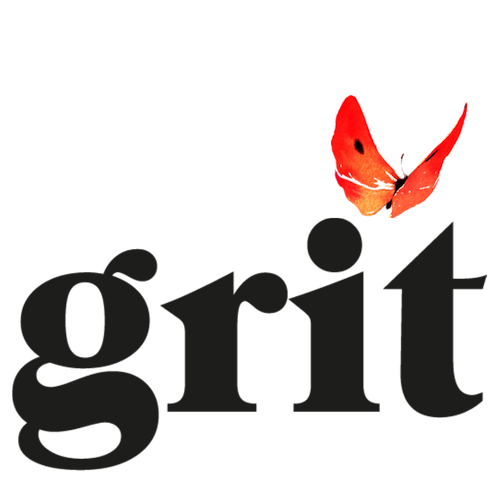Sara’s story
A Programme Administrator at the University of Hull, Sara did a 2-day Grit programme for staff.
I felt like I was stagnating at work. I was looking for direction, a sense of purpose, to engage more with my job. I wanted something that would enable me to build better relationships with colleagues and students. That turned out to be Grit.
My role is all about supporting students as they struggle with assessment deadlines. I consider and process their extension requests. When I meet with them in person I can often tell that there is something more, something about their lives that is stopping them getting assignments done on time. But my approach was to be very direct with them, very short and to the point. I would describe it as ‘clunky,’ almost confrontational. This made the students back away, go into their shells. I just couldn’t work out how to connect with them, couldn’t work out how to get them to tell me what was really going on.
The impact of Grit on me was resounding, profound. I have a lot of difficult conversations with students, conversations students don’t want to have, conversations that often don’t end the way they want them to. It used to get to me a LOT. Grit had me reflect in depth, had me ask some hard questions about myself and work through them.
In the workshop I had what I can only describe as an epiphany. I hadn’t realised that, when I’m speaking to other people, just how much time my brain spent being somewhere totally different. It absolutely threw me when I realised how much I was doing this when I’m with students. I was finishing their sentences for them, making assumptions about what I thought they needed, about what I thought they were trying to say.
The workshop about listening changed all that. Now I really feel I’m getting somewhere.
For example, there was this student who wrote on the extension request form that the reason they needed an extension was because “I was ill.” I explained that this wasn’t enough of an explanation and I started asking questions about how she was feeling. At first she was very distant and guarded. Then all of a sudden she burst into tears. And, over the next 20 minutes, she unloaded – and there was a lot to unload. All I did was listen.
By the end of the conversation we’d agreed a length of extension that would work for her and I’d pointed her at the support she needed. As she left, although all she said was simply “thank you,” I could see how grateful she was.
There was another student who didn’t have enough credits to get a degree. She arrived angry and stressed. She started venting about how difficult she had found uni, about her frustrations, with herself and with the whole experience. All I did was keep asking ‘is that all?’ and we dug deeper and deeper. More and more stuff came out. She knew there was nothing I could do about her degree but by the end I could see, actually see, the weight had come off her shoulders. It was like a release. The anger had gone.
So now I get so much more satisfaction out of my work. I can see the difference I’m making. I’ve got my sense of purpose back.
